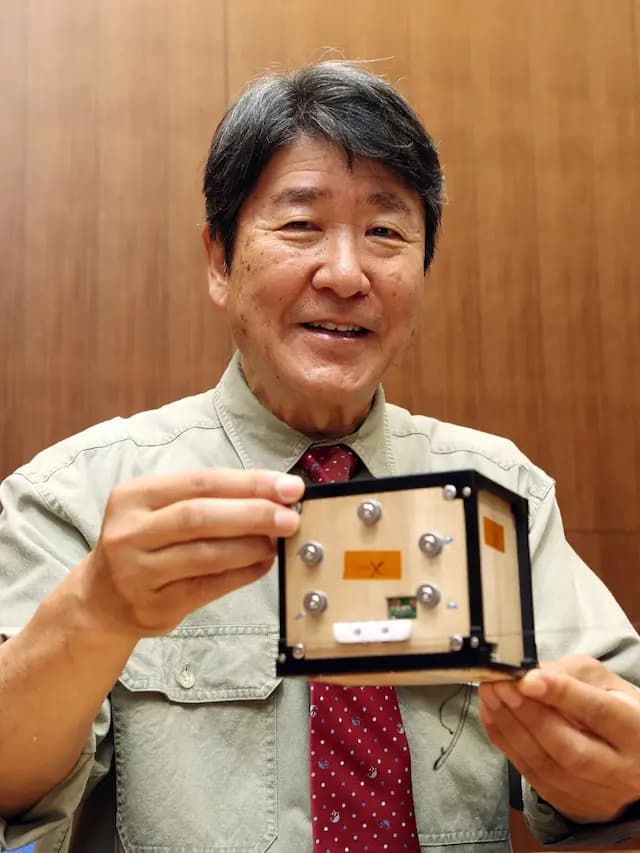Your iPhone Will Now Reboot After 72 Hours of Inactivity. Here’s Why
Have you ever wondered what happens to your iPhone’s security if you leave it locked for an extended period? Apple’s latest iOS 18 update has introduced a new feature that automatically reboots your iPhone after 72 hours of inactivity. But what’s the reasoning behind this, and how does it affect you, law enforcement, and potential hackers?
The Story Behind the Mysterious Reboots
Recently, law enforcement and forensic experts reported encountering iPhones that would mysteriously reboot, making it harder for them to access the devices. The puzzle has now been solved, thanks to security researchers like Jiska Classen from the Hasso Plattner Institute, who identified the “inactivity reboot” feature. A simple video demonstration by Classen shows an iPhone rebooting after 72 hours without being unlocked. This finding was confirmed by Magnet Forensics, the team behind the Graykey forensic tool.
How This Boosts Your iPhone’s Security
So, what’s the big deal about this feature? In simple terms, it significantly enhances your iPhone’s security by:
- Locking your encryption keys in the secure enclave chip after 72 hours of inactivity.
- Making it much harder for thieves to use outdated forensic tools to unlock your iPhone, even if they keep it powered on.
As Classen put it: “Three days is still plenty of time for law enforcement to coordinate with experts, but it’s a significant hurdle for casual thieves.”
Understanding Your iPhone’s Security States
To grasp the full impact, let’s break down your iPhone’s two main security states:
- Before First Unlock (BFU): Your data is fully encrypted and virtually inaccessible without your passcode.
- After First Unlock (AFU): Some data becomes unencrypted, making it potentially easier for forensic tools to extract, even when locked.
Security researcher Tihmstar refers to these states as “hot” (AFU) and “cold” (BFU) devices. The key takeaway? “Cold” devices, especially after a reboot, are much more secure.
A Brief History of Apple vs. Law Enforcement
This isn’t the first time Apple’s security measures have been at odds with law enforcement’s needs. Remember the 2016 FBI-Apple dispute over creating a backdoor to access a mass shooter’s iPhone? This new feature continues the trend of Apple prioritizing user security.
Apple’s Response (or Lack Thereof)
Apple has chosen not to comment on the “inactivity reboot” feature and its implications.
In a Nutshell:
- New Feature: iOS 18’s “inactivity reboot” after 72 hours.
- Why It Matters: Enhanced security against casual theft and outdated forensic tools.
- Impact on Law Enforcement: Adds a layer of complexity but doesn’t completely block access.
- Your iPhone’s Security: Now more robust than ever, with a deeper understanding of its states.






